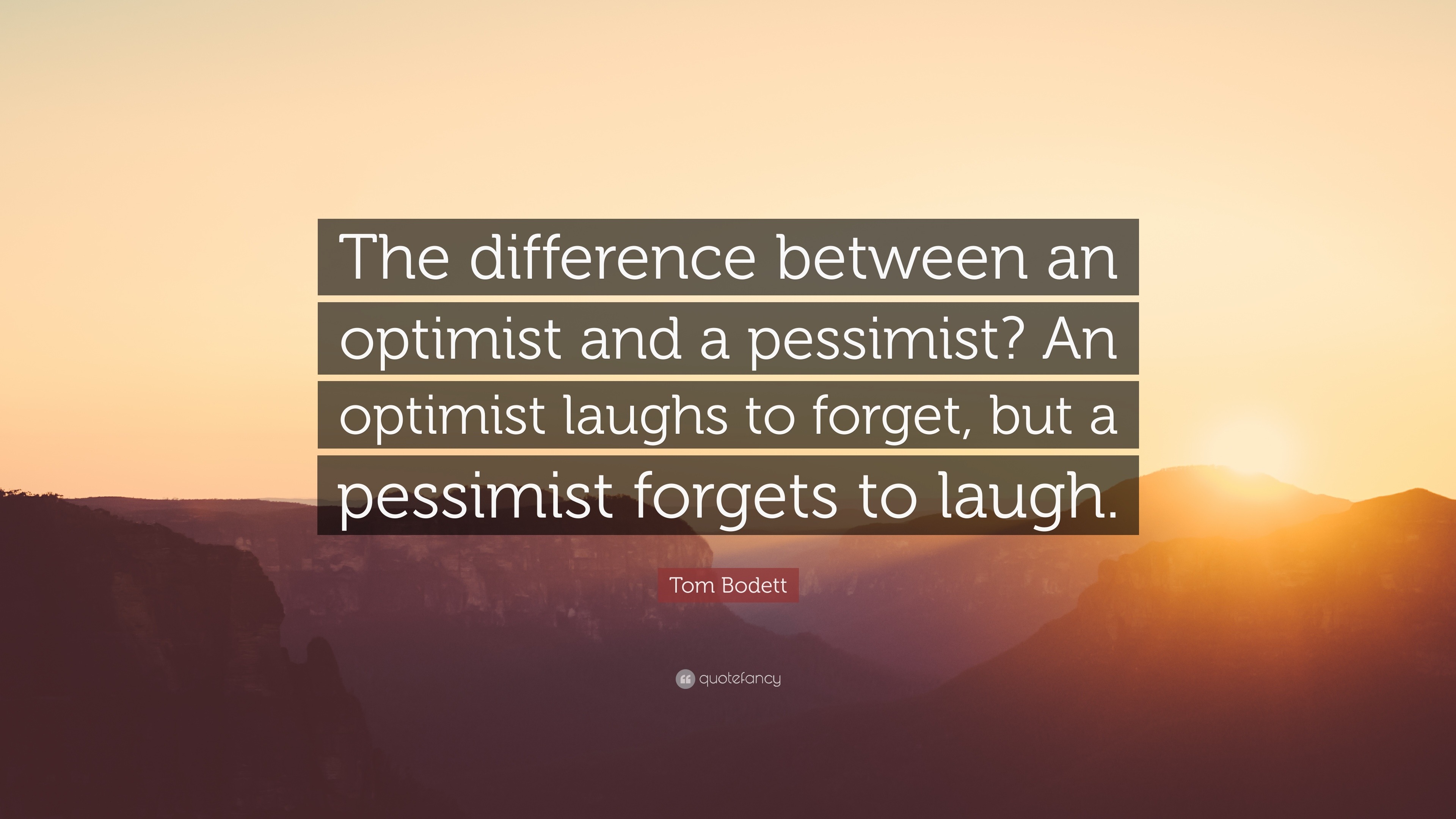

To understand these terms in a more detailed manner, let us look further in the article. These traits are way more complex than the given descriptions, though. Though to simplify them completely without understanding the psychological reasons behind their meanings will not be correct. The basic understanding of these two terms is pretty easy to grasp. These two traits are the complete opposite of one another, which heavily influences an individual’s mental and emotional state. Or in simple words, pessimism refers to a tendency to see the worst in every situation and believe that the worst will happen. On the other hand, philosophy describes “pessimism” as a belief that this world is as bad as it could be or that evil will ultimately prevail over good. To describe it, it means being hopeful and confident about the future or the success of something else. Philosophically speaking, “optimism” by Leibniz is described as a doctrine that says that the world is the best of all possible worlds. So, what exactly is the meaning of these two traits? I am saying this because if you think about it, “being positive” or “negative” by someone is a choice but being an “optimist” or a “pessimist” is a personality trait which an individual acquires during their lifetime. However, these two terms are slightly different from the words “positivity” and “negativity,” respectively. We even use these terms to describe ourselves as well. Different optimism interventions that have been successful in preventing depression are discussed.When you hear the words “optimism” and “pessimism,” what’s the first thing that comes to your mind? Of course, the meaning of these two terms is heavily used to describe other people’s nature. Depressogenic cognitions are a risk factor for depression in just the same way that smoking is a risk factor for lung cancer. Cognitive theories of depression posit that onset is caused by a maladaptive cognitive style. The link between optimism and depression is best understood within the framework of cognitive theories of depression. Optimism is related to the onset of depression, the characteristics of depressive episodes, and the occurrence of subsequent episodes. Although optimism is commonly defined as expecting the best and looking to the positive side of life, there are two dominant modes of measurement: dispositional optimism and attributional style.

Not surprisingly, pessimists are more likely to experience depression and the most pessimistic individuals experience the most severe episodes. Pessimists, on the other hand, worry about the future, doubt they will reach their goals, and expect the worst.

Optimistic individuals tend to be happier, more successful, and more resistant to a variety of mental disorders, including depression. This chapter discusses the link between pessimism and optimism and the onset and recurrence of depression.


 0 kommentar(er)
0 kommentar(er)
